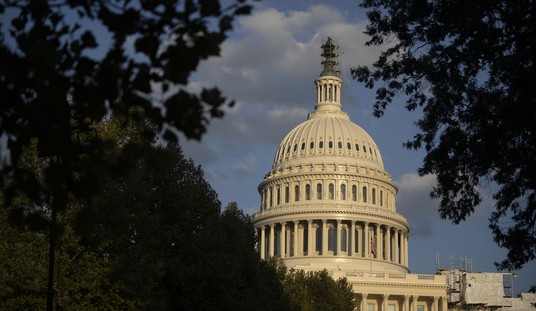Over the years, I’ve seen some ridiculous studies. I can’t even remember all of them, but few made any real contribution to our understanding of the world. What they did, though, was give researchers something to do and little else.
Often, these kinds of studies are on something so esoteric that you wonder why anyone even thought this was worth looking at, but other times the studies are looking at something that’s just so obvious to others that we wonder why they’re even bothering.
For example, there’s a study that opted to look at preemption laws. What they seemed to find wasn’t very shocking.
The majority of U.S. states have passed laws preserving state authority over firearms policies–and preventing local communities from passing their own–but at the same time have refrained from enacting statewide gun-control policies, according to a new study by researchers at NYU School of Global Public Health.
The states’ use of preemption–a legal mechanism in which a higher level of government overrides or limits the authority of a lower level to act on a specific issue–overwhelmingly support policies favoring gun rights. The study, published in the American Journal of Public Health, is the first to evaluate the relationship between states’ gun laws and preemptive measures.
Gun violence is a substantial public health problem in the U.S., killing more than 38,000 people each year. The federal government has enacted few measures to reduce gun violence, leaving the policy debate centered on state and local action. States have passed regulations to either decrease gun-related death and disability (i.e., gun control) or protect gun rights, and many states has enacted preemptive laws limiting local government power on firearms.
No, it’s not a public health issue, and I don’t care how often people assert that it is, it won’t change the reality.
Anyway, moving on.
What the study wanted to look at is whether states with preemption also passed gun control, because that’s really the end-goal of everything for so many of these supposed researchers. Here’s what they found:
The researchers identified three categories of states, including a handful that had the most gun control measures with few to no preemptive measures (e.g., CT, HI, MA, NJ, and NY) and several that had nuanced policy environments with a mix of gun control measures and a moderate number of preemptive measures (e.g., FL, MD, PA, and RI).
However, the vast majority of states–nearly 40–fell into the third category of having preemptive measures over almost all gun policies without enacting substantive gun-control measures. Most of these states used preemption to support policies favoring gun rights: even in places where state legislators were unable to pass gun rights measures, they succeeded in passing preemption to preserve state authority.
This, of course, isn’t overly surprising. To anyone.
Preemption is put in place to prevent gun control laws at the local level. Gun control advocates, however, don’t believe there’s ever a problem with too much gun control nor that there’s an issue with gun control laws becoming confusing. Hell, I’m pretty sure they prefer it that way.
This is also why anti-gunners have universally opposed preemption measures and pro-gun groups have supported them.
It’s a way to limit gun control and always has been. I’m fine with that.
Now, though, we have a study that tells us what we already knew. The problem, of course, is that they frame this as a bad thing.
You see, the researchers appear to have started from a position of believing that gun control was the only potential way to address violent crime, then started working from there. Missing from the study is whether these states have taken other measures to address violence in their communities, nor whether preemption laws had any impact on violent crime as a whole.
In other words, they were starting from a position of bias and let the research go from there. Hardly neutral scientific research, if you ask me.








Join the conversation as a VIP Member